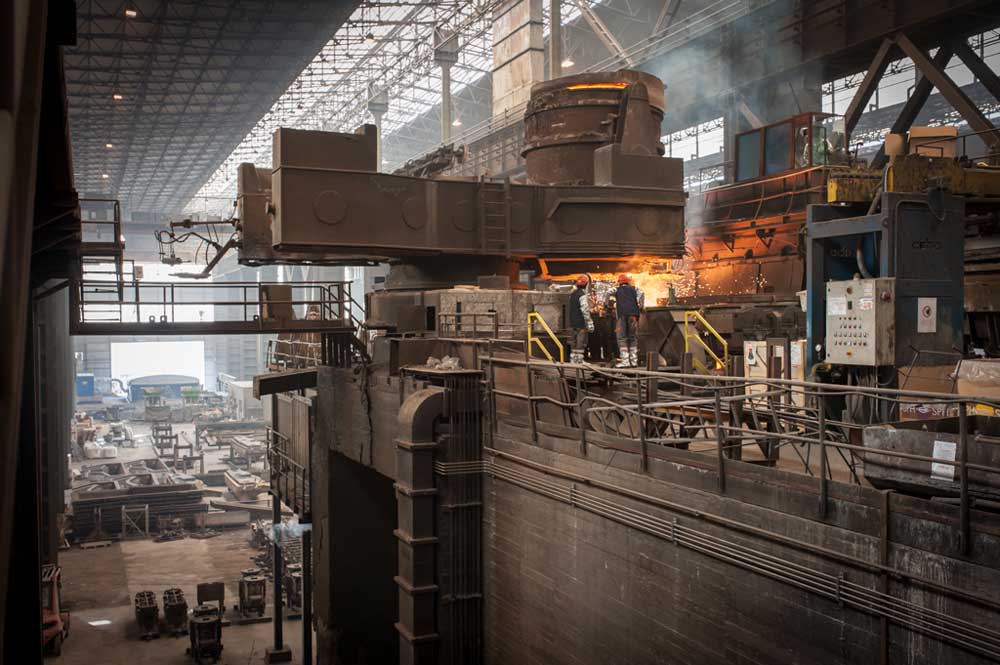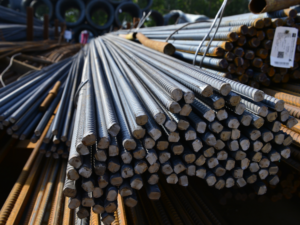Carbon allowance prices on the EU Emissions Trading System (ETS) reached a new record high last week, reminding the bloc’s steel sector that the costs of decarbonisation will continue to increase, Kallanish notes.
Between 2008 and 2018 carbon allowances remained at below €20/tonne of carbon dioxide, but towards the end of 2018 and increasingly from 2019 prices have started picking up. In 2019 the EU took excess allowances out of the market. The spike has been further fuelled by the decision to limit further allowances in the market to meet the carbon reduction target of 55% in the EU by 2030.
Last week prices reached almost €40/t of CO2 and some analysts believe the cost could double again in the next ten years, as 2030 approaches.
The spike in ETS carbon prices is set to directly impact costs of EU steelmakers, among the largest users of such allowances. This is raising concerns but is also likely to speed up steelmakers’ investments to reduce their carbon footprint and therefore require fewer allowances.
Diederik Samsom, head of cabinet for European Green Deal executive vice-president Frans Timmermans, said during a webinar organised by Eurofer this week that steelmakers in Europe will certainly feel the implications of the increase in ETS allowance prices.
He added nevertheless that the EU is working towards supporting investments in decarbonisation as part of a hydrogen supply strategy, as well as possibly establishing contracts for subsidies for low-carbon steelmaking. He also said the bloc finds itself in the position of already having large funds to invest in the future, and that part of these funds will go directly towards decarbonisation programmes.
Eurofer also expressed its concerns over steelmakers’ need to find viable answers to justify the large investments they are making into decarbonisation. It called again this week for stakeholders to unite to push forward the EU green deal on steel.






